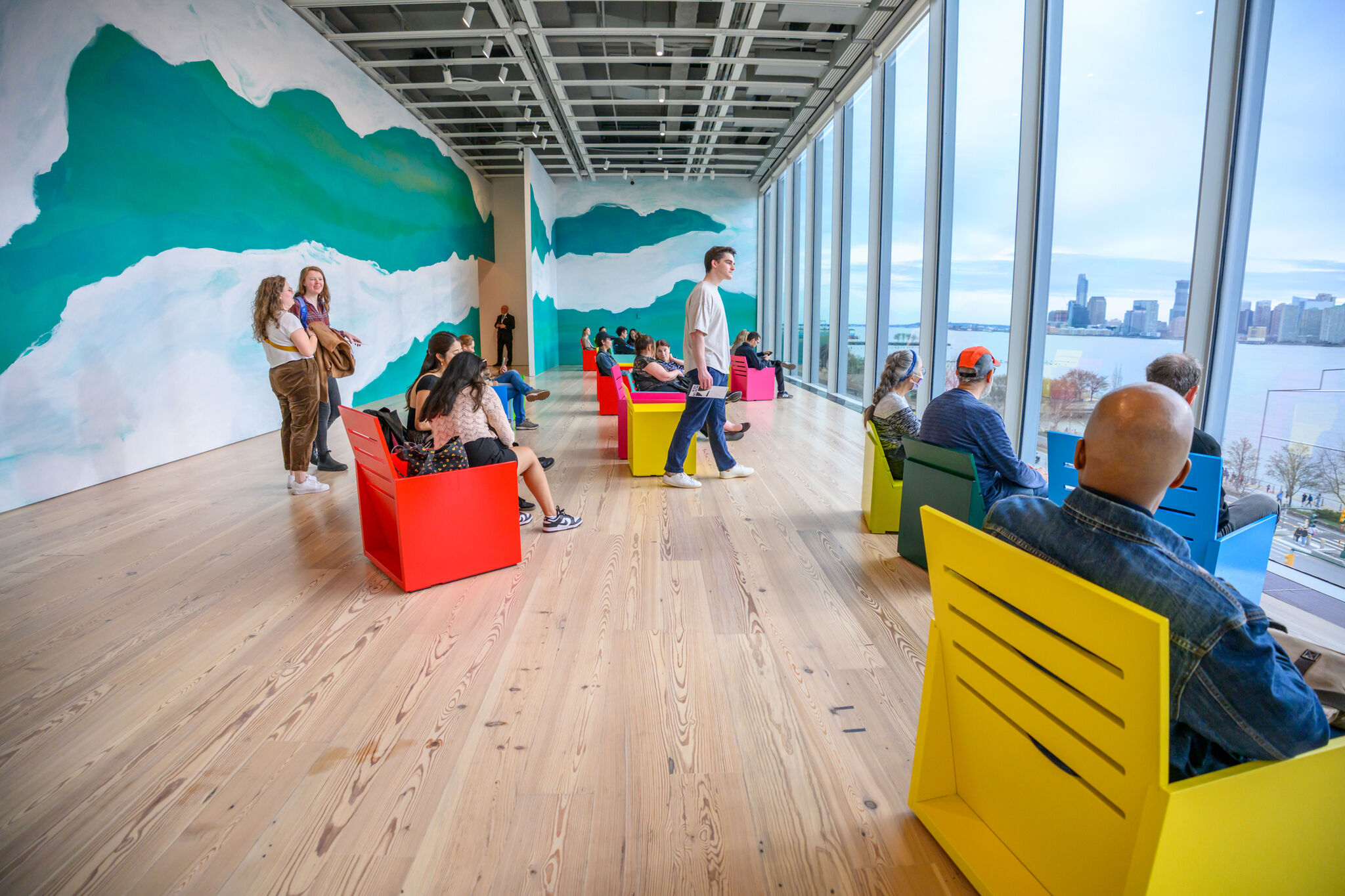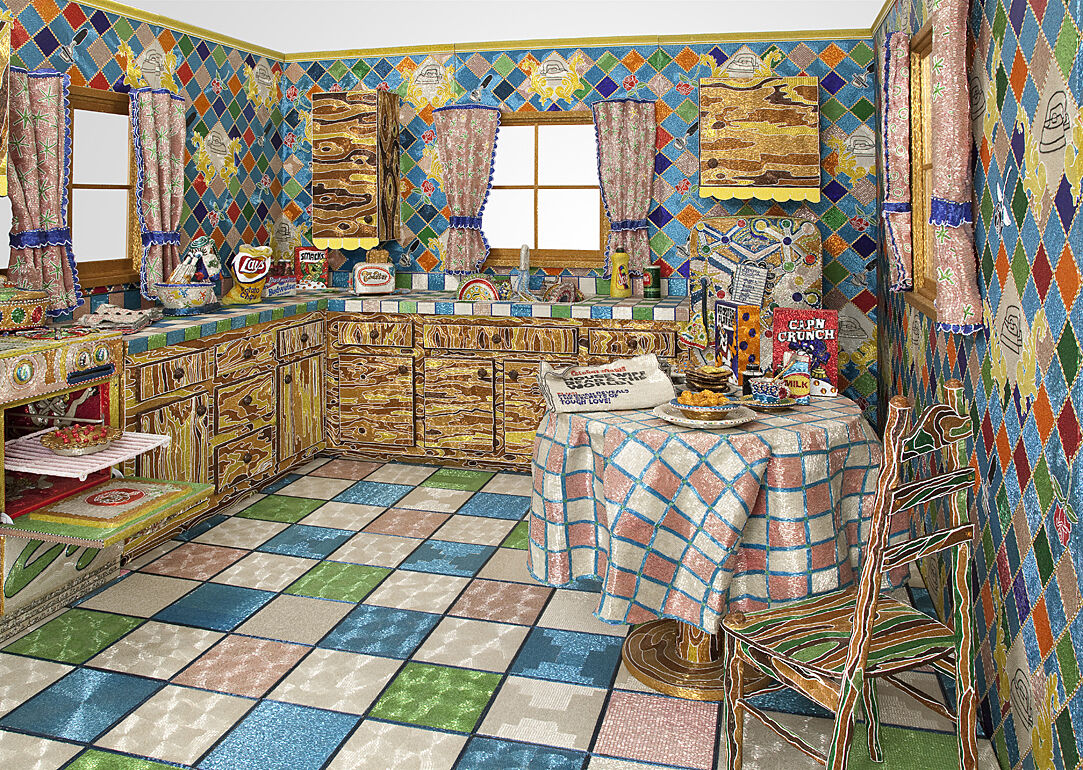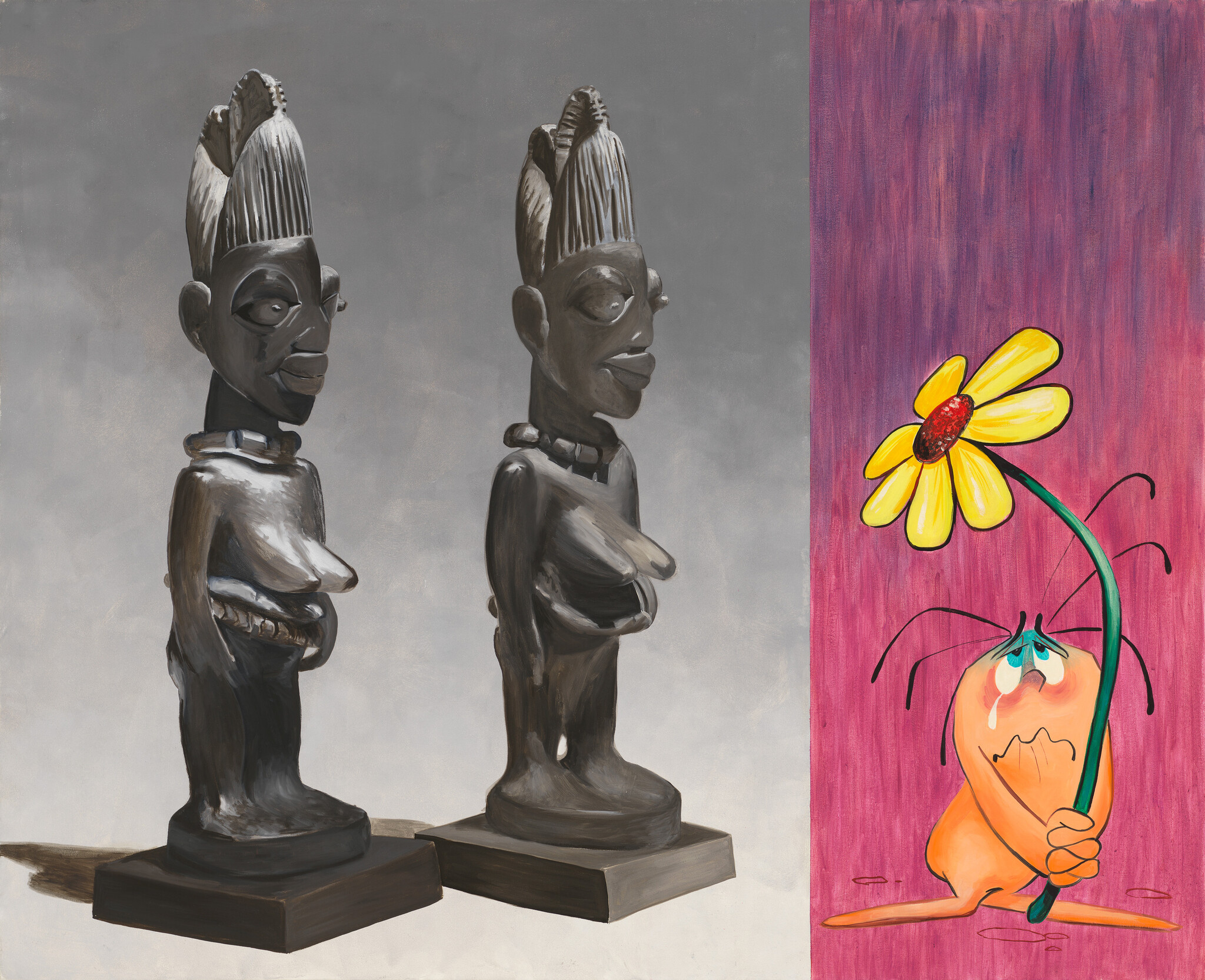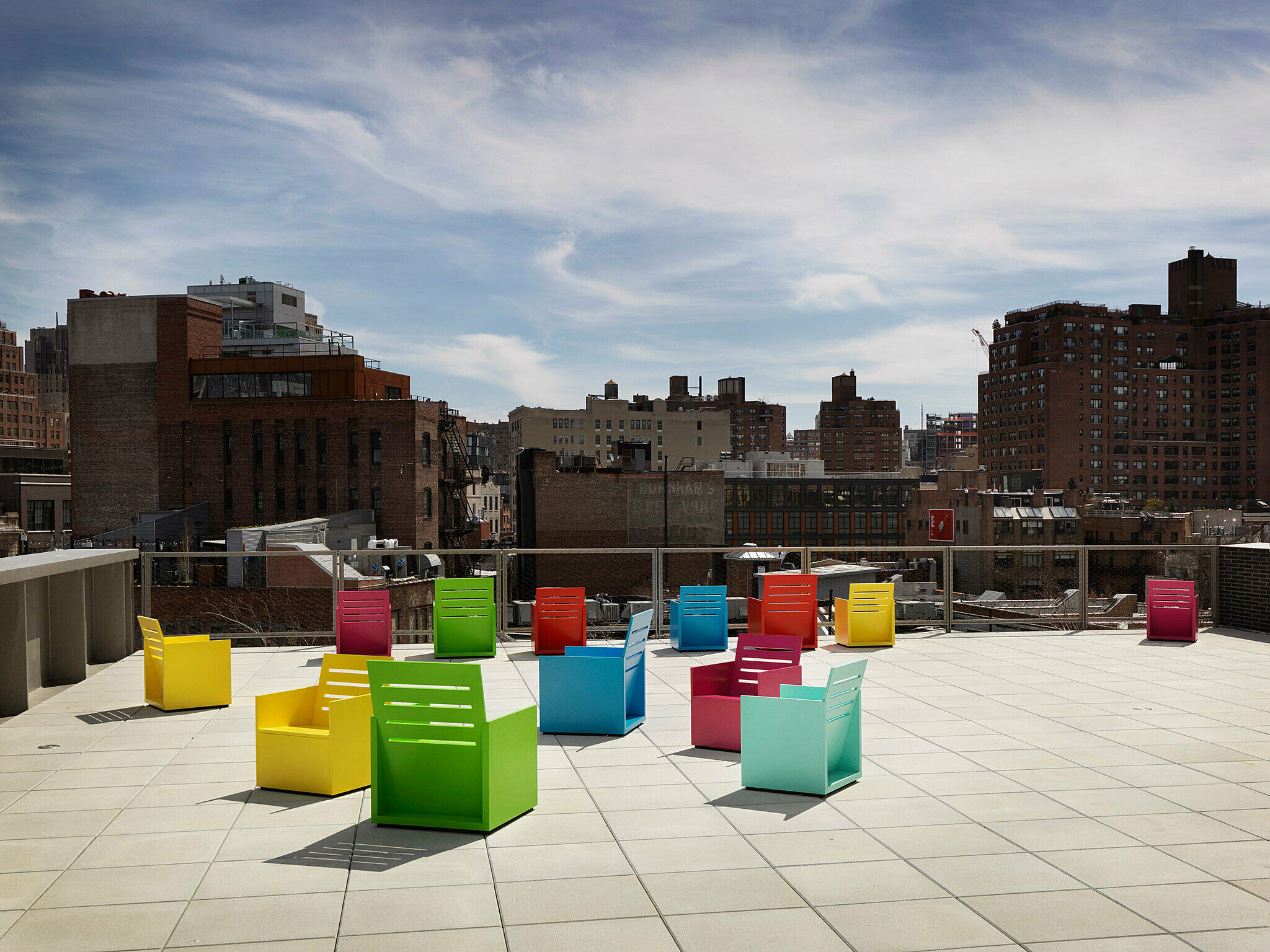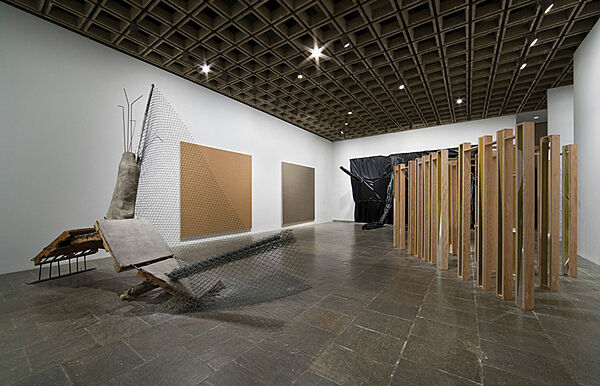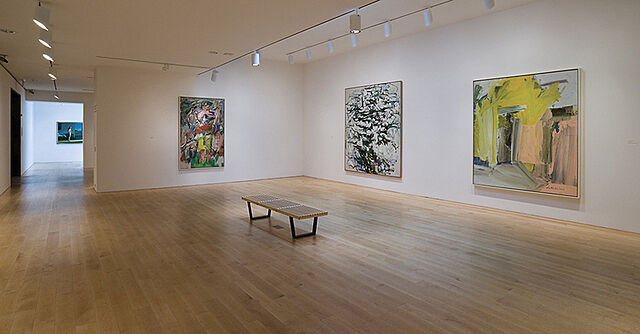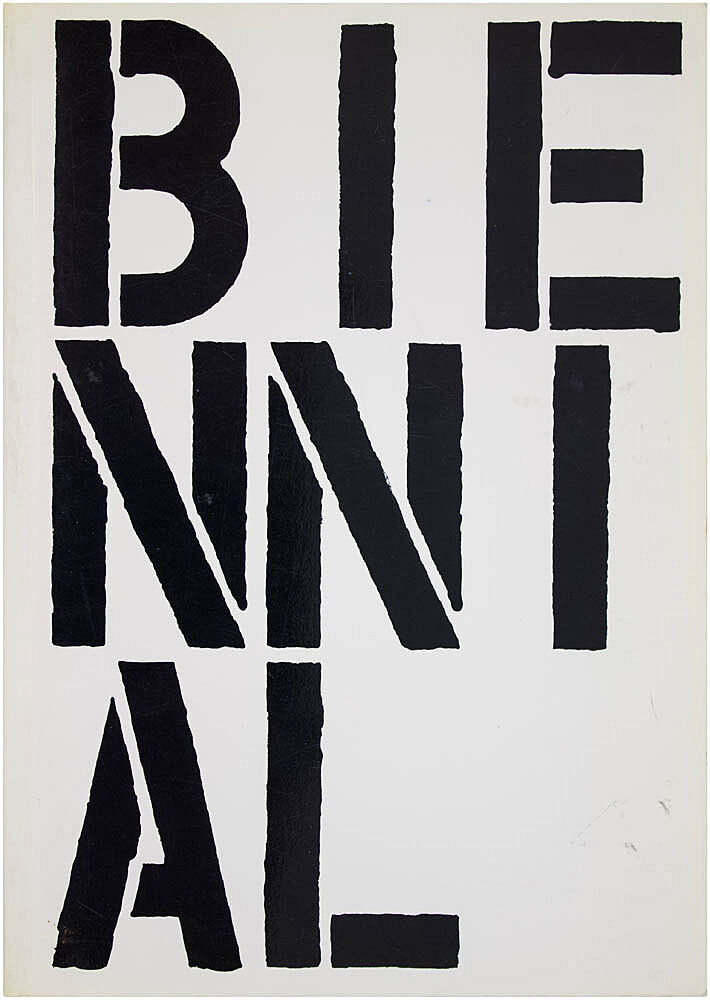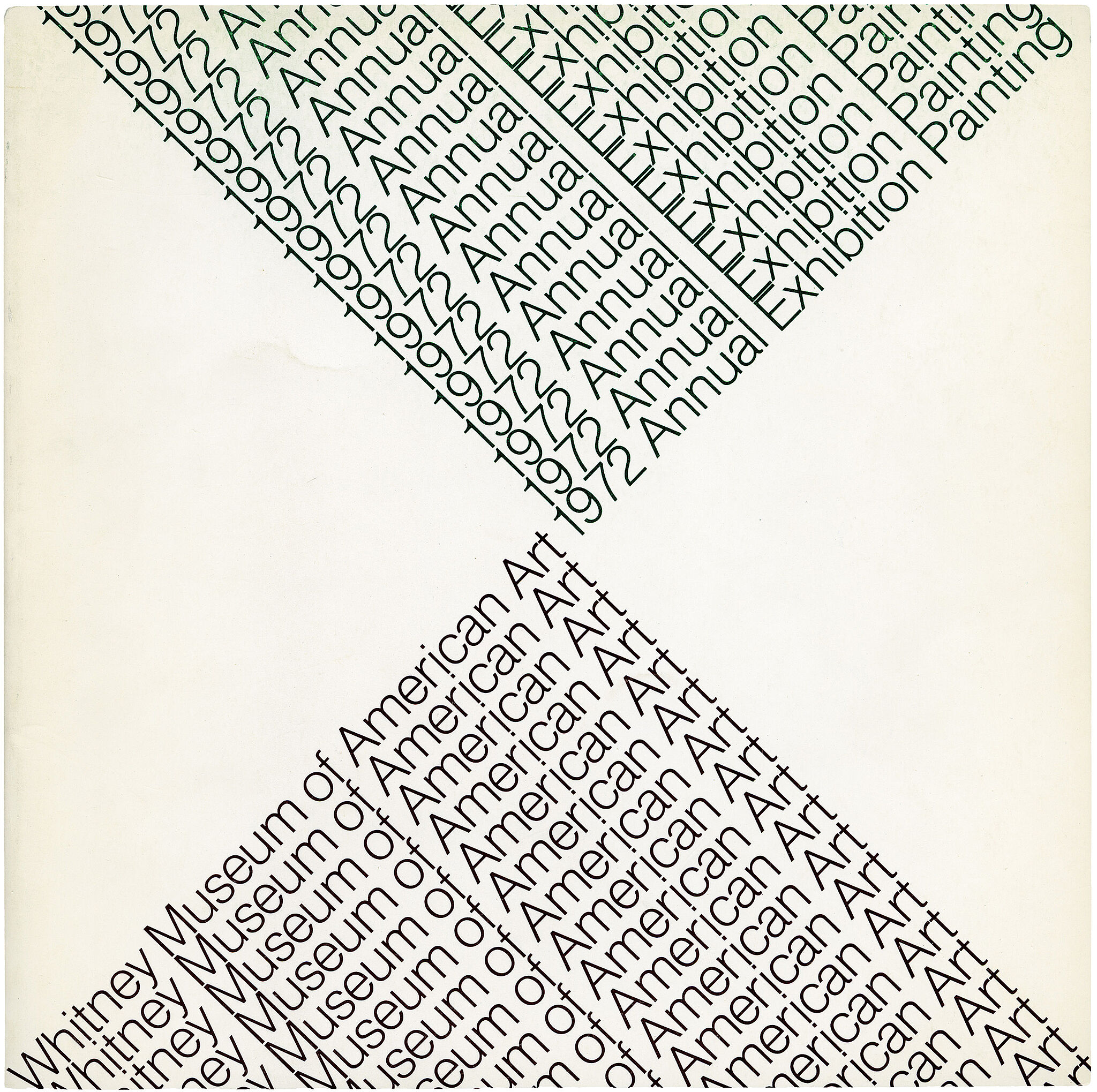Mary Heilmann
1940–
Mary Heilmann’s decision to become a painter in 1970 in New York was, according to the artist, a contrarian move: “I chose it as a practice in order to have arguments with people like Robert Smithson.” After training in ceramics with the avant-garde ceramicist Peter Voulkos at Berkeley, she had moved to New York in 1968 and was making large-scale sculpture similar to work by artists she admired, like Smithson. When Heilmann turned to painting, she approached it as a sculptural medium, building up semitransparent layers of paint like a ceramic glaze, and emphasizing the painting as an object by embracing imperfectly stretched canvases and by painting the canvas edges. More than four decades later, these continue to be hallmark features of her work. While Heilmann draws on the traditions of modernist and minimalist painting, she pushes the limits of geometric abstraction by imbuing her compositions with references to everyday objects or experiences. “Behind my choices of color, surface, and scale,” she has said, “there is always a memory of a place or event.”
Made up of overlapping shapes in primary colors, French Screen is emblematic of Heilmann’s 1970s work, in which she was exploring the conceptual attributes of painting. The blue and yellow drips on the red field and the rough edges between shapes invite the viewer to imagine her process and the sequence of the application of paint. The title of the painting playfully challenges the ideal of flatness associated with high-modernist abstraction, suggesting the three-dimensionality and familiarity of a domestic object.
Introduction
Mary Heilmann is an American painter based in Manhattan and Bridgehampton in Long Island, New York. She has had solo shows and traveling exhibitions at galleries including 303 Gallery (Manhattan) and Hauser & Wirth in Zurich, Switzerland and at the Wexner Center for the Arts in Columbus, Ohio and the New Museum on the Lower East Side in Manhattan. She has been cited by many younger artists, particularly women, as being an influential figure.
Wikidata identifier
Q1906281
Information from Wikipedia, made available under the Creative Commons Attribution-ShareAlike License . Accessed February 17, 2026.
Introduction
Heilmann's paintings are structured in grids, but the lines are softened with the occasional gestural application of paint.
Country of birth
United States
Roles
Artist, painter
ULAN identifier
500118772
Names
Mary Heilmann
Information from the Getty Research Institute's Union List of Artist Names ® (ULAN), made available under the ODC Attribution License. Accessed February 17, 2026.

